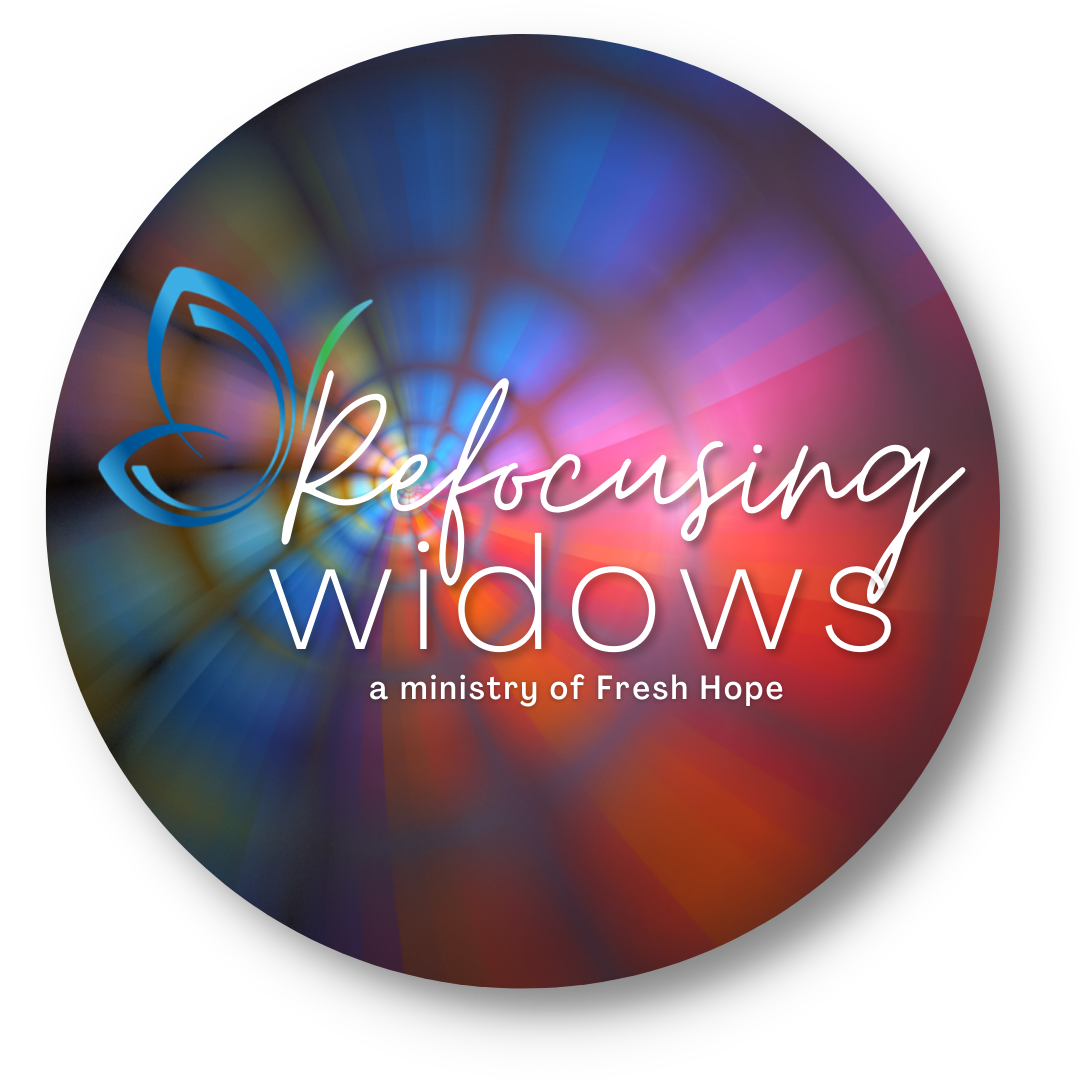
Relaciones Tóxicas
El tema de la publicación de hoy puede sorprenderte un poco, pero al hablar con mujeres de todo el país, esta pregunta surge constantemente: "¿Cómo puedo lidiar con las personas en mi vida que me hacen tanto daño ahora mismo, sobre todo si son completamente ajenas?". ¿Qué pasa con las amigas que hacen comentarios extraños como: "¿Por qué no lo has superado ya?", "¿Ya has pensado en volver a casarte?" o "¿Cómo les digo a mis hijos adultos que no soy una incompetente y que no tienen por qué controlar mi vida solo porque su padre ya no está?". Lo que llamamos "relaciones tóxicas" es algo muy sutil y que a menudo pasa desapercibido, pero puede ser un componente necesario de nuestro plan de autocuidado durante la recuperación del duelo.
Empecemos con una definición. Siempre es un buen punto de partida.
Cualquier relación puede ser tóxica si le hace sentir peor en lugar de mejor. Esto incluye relaciones que le hacen sentir sin apoyo, incomprendida, menospreciada o atacada. En resumen, una relación tóxica es cuando su bienestar físico, emocional, espiritual o psicológico se ve amenazado.
Esto puede ser bueno o malo. Una relación positiva puede ser una caja de resonancia, un refugio y un apoyo moral. Una relación tóxica, en cambio, puede destruir su imagen, su confianza en si misma y su capacidad de ser todo lo que Dios tiene planeado para usted.
La siguiente pregunta lógica sería: "¿Cómo sé si una relación es perjudicial para mí?". Una de las maneras más fundamentales de detectar una relación disfuncional es evaluar si los comportamientos que muestra son negativos o positivos. ¿El ambiente que rodea a alguien está lleno de quejas constantes, críticas y negatividad generalizada? Estar cerca de una persona continuamente negativa puede influir en nosotros y hacer que nuestras inseguridades nos dominen, hasta el punto de cuestionar todas nuestras reacciones y decisiones.
Aunque todas las familias del mundo son disfuncionales en algún nivel (porque todos estamos quebrantados por el pecado), hay familias donde las relaciones dolorosas del pasado son tan intensas que algunos miembros Cualquier relación puede ser tóxica si le hace sentir peor en lugar de mejor. Esto incluye relaciones que le hacen sentir sin apoyo, incomprendida, menospreciada o atacada. En resumen, una relación tóxica es cuando su bienestar físico, emocional, espiritual o psicológico se ve amenazado. de la familia se vuelven intencionalmente groseros o hirientes con la nueva viuda. Un ejemplo de esto podría ser cuando los hijos adultos son hijastros de un matrimonio anterior. ¡O quizás alguien incluso culpa a la viuda por la muerte de su esposo! ¡A algunas viudas ya ni siquiera se les permite ver a sus bebés o nietos! En ocasiones, la dinámica familiar no ha sido saludable a largo plazo, y pueden optar por atacar o manipular intencionalmente a la viuda, quien ya está lidiando con su propio dolor.
¿Necesitamos una lista? Comparemos las características de las relaciones tóxicas con las relaciones bíblicas saludables:
Características de las Relaciones Tóxicas: Crítico/a, celoso/a, necesitado/a, despectivo/a, insolidario/a, exigente, de altas expectativas, poco/a agradecido/a e impaciente.
Características Bíblicas de las Relaciones Buenas: Aceptante, confiado/a, generoso/a, alentador/a, solidario/a, comprensivo/a, agradecido/a y paciente.
Si alguien está causando un daño real a su salud mental o bienestar general, quizás sea hora de reevaluar la relación. ¿Sabía que la Biblia dice mucho sobre las relaciones? Considere este versículo:
“Ahora bien, ten en cuenta que en los últimos días vendrán tiempos difíciles. 2 La gente estará llena de egoísmo y avaricia; serán jactanciosos, arrogantes, blasfemos, desobedientes a los padres, ingratos, impíos, 3 insensibles, implacables, calumniadores, libertinos, despiadados, enemigos de todo lo bueno, 4 traicioneros, impetuosos, vanidosos y más amigos del placer que de Dios.5 Aparentarán ser devotos, pero su conducta desmentirá el poder de la devoción. ¡Con esa gente ni te metas!.” -- 2 Timoteo 3:1-5
La Biblia nos instruye claramente a evitar a las personas que demuestran estas características tóxicas. Sin embargo, soy la primera en admitir que no siempre es posible eliminar por completo a alguien de su vida. ¿Y si es su jefe, un familiar cercano o incluso uno de sus hijos? En casos como esos, la mejor opción es limitar drásticamente el tiempo que pasamos con ellos. Esto puede parecer "mezquino", o tal vez piense que no es necesario, pero recuerde que es parte de su propio cuidado personal.
Take time to evaluate the relationships in your life, give yourself grace, create space when you need it, and pay attention to those people God will bring into your life during this time. They may be bringing gifts to you that will last a lifetime!
Como siempre, sus pensamientos y comentarios son bienvenidos aquí o puede enviarme un correo
electrónico a . Si está buscando un nuevo propósito y un camino para seguir
adelante, considere unirse a uno de nuestros grupos de Refocusing Widows, ya sea en persona o en
línea. Puede registrarse en www.refocusingwidows.org/Groups. ¡Esperamos conocerle!
